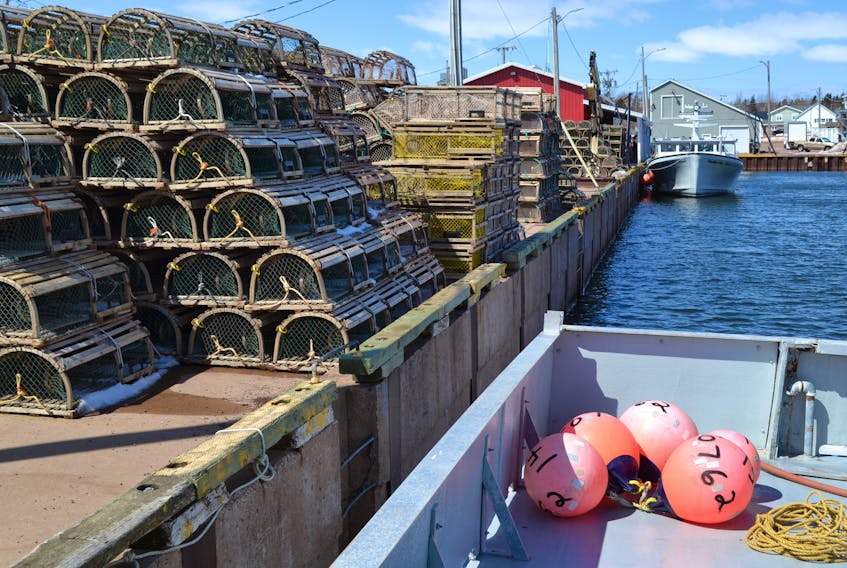The world’s oceans are huge, but interconnected. The trash you carelessly throw in the ocean may end up in Ireland or Iceland or far beyond, and recent video from the Dominican Republic has shown that the chickens (in the form of plastic waste) will always come home to roost.
Ocean currents move small fish and plankton along our coasts, and some of the larger marine species — whales, bluefin tuna, some sharks — have long, interjurisdictional migration routes.
That’s why it’s important to look at an international fisheries issue being raised at the World Trade Organization. The issue centres around whether major fishing subsidies should be allowed to continue.
First, a little background information put out by the U.S.-based independent non-profit, non-governmental organization Pew Charitable Trusts. Pew research points out that 90 per cent of the world’s fisheries are now fully fished or overfished — but that’s not the most serious statistic that the organization is highlighting.
In some places, fishing in unfettered by requirements for catch records. In others, those catches are recorded incompletely, and species are harvested and sold under the table.
“Today, in part driven by fisheries subsidies, global fishing capacity — the total capability of the world’s fleets — is estimated at 250 per cent of the level that would bring in the maximum sustainable catch,” writes Elizabeth Wilson, who directs international conservation policy for Pew.
Stop and think about that for a moment: there are enough boats, crews and technology to catch every sustainable fish in the world’s oceans two and a half times over.
In some places, fishing in unfettered by requirements for catch records. In others, those catches are recorded incompletely, and species are harvested and sold under the table.
A recent report suggested that underreporting and illegal fishery may be facilitated by shadowy at-sea transshipment — deep-sea fishing vessels meeting cold-storage reefer vessels at sea and transferring catches before they can be fully recorded.
Another thing about all that fishing? Much of it isn’t even profitable. For some nations, the most profitable catch they get by casting their nets on the water is government subsidies they land in the process of fishing for actual fish.
Pew’s research shows, among other things, that most high-seas fisheries — like those carried out by European and other nations on the Grand Banks off Newfoundland (primarily Spain) — would be financially unsustainable without steady government subsidies.
That’s not happening here, you might say. Maybe it isn’t to the same degree, though there are fishing subsidies in the form of employment insurance for fishers and fisheries workers, along with federal assistance for fishing technology and plant upgrading.
But, like climate change and the increase in the temperature of all the oceans, like the prevalence of microplastics not only in the ocean but inside fish species we consume, like the effects of the acidification of the ocean and the effects of that acidity on calcium-using marine biota, what happens in one part of the world’s oceans ends up other places as well.









